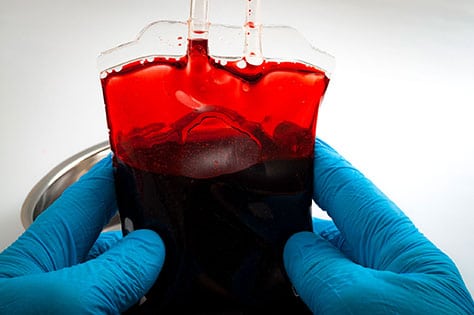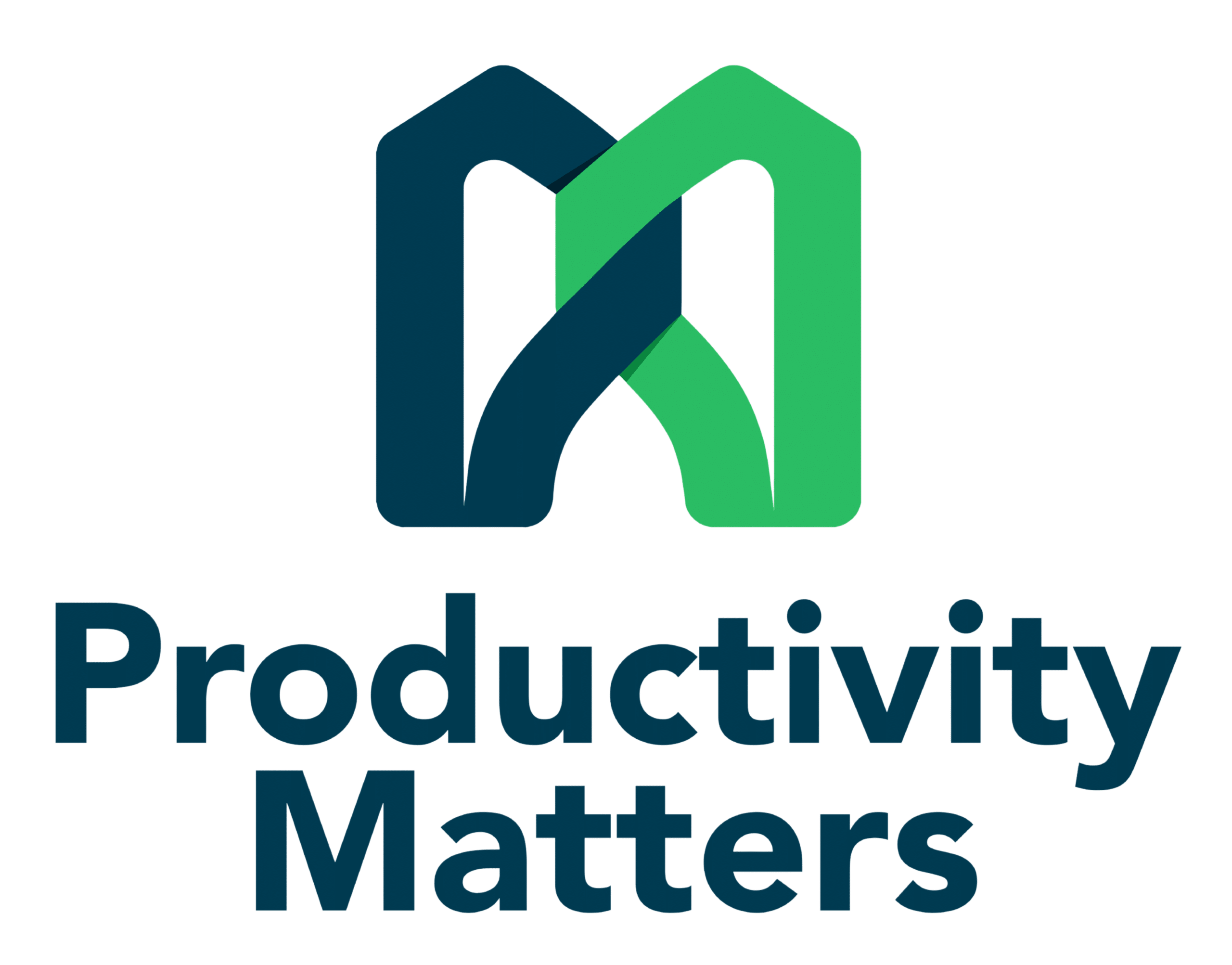Reducing Hazards at Life Blood.
The Australian Red Cross Blood Service introduced a nationwide programme to tackle hazardous manual tasks in both their processing and donor centres.
Identifying and controlling the risks
Productivity Matters were engaged in Victoria and New South Wales in both the Processing facilities and Blood Donor Centres over a 6-month basis to engage and identify hazardous manual tasks and collaborate with Australian Red Cross Blood Service Managers and Employees to come up with controls or solutions that would assist in reducing the risks these proposed.


